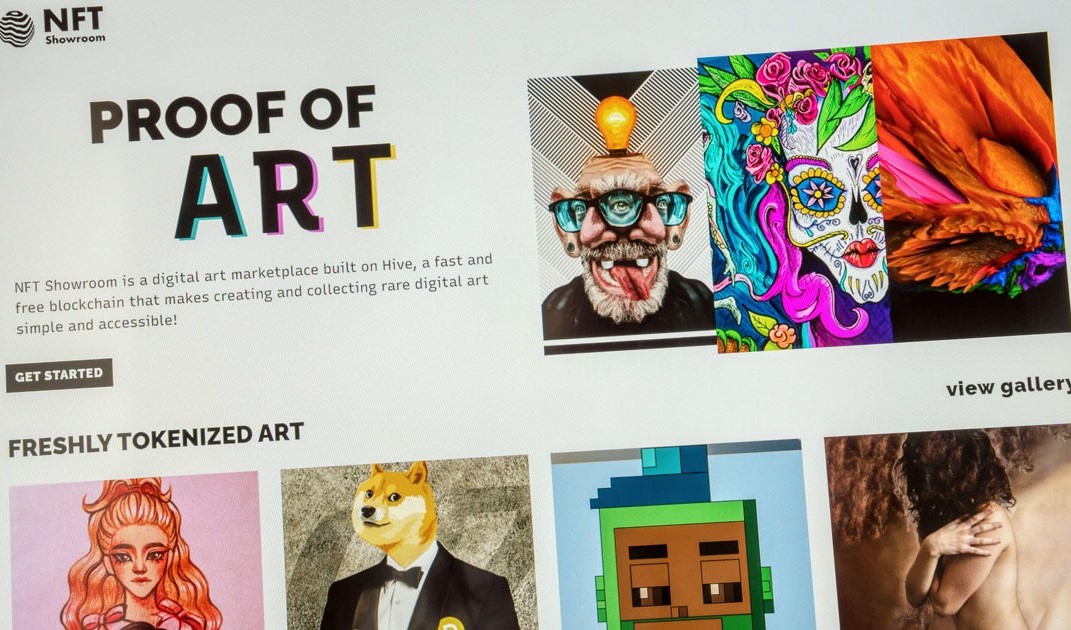Non-fungible tokens, known as NFTs, have exploded onto the market and into the public consciousness. The eye-popping prices that some have commanded—and their potential to revolutionize the concept of ownership itself— had investors, creators, platforms, and brands champing at the bit for a piece of the action.
Its concept is very straightforward: A digital work such as images, GIFs, audios, videos, or even virtual real estate or video game tokens—gets minted as a unique work on the blockchain, which can then be collected, displayed, and traded.
Given the nature of NFTs, IP issues associated with their creation, display, trading, sale, and storage have to be well analyzed. Before rushing into the NFT world, here are a few questions you need to think about:
Who has the rights to mint and sell an NFT?
Minting tools and NFT tutorials are super easy to access on the Internet, i.e. anyone could turn a file into an NFT. But just because you can, doesn’t mean you should, and the ease with which an NFT can be minted means that grifters and con artists may be trying to make money off of your work or goodwill.
Copying, selling, or publicly displaying works without authorization from the original creator:
- Are copyright infringement
- Can be trademark infringement, if consumers get confused about the source or sponsorship of the NFT
- Can violate design patents, assuming similarities
- Can infringe a person’s right of publicity, if the NFT depicts individuals
Note that copyright infringement happens not only with exact copies, but also if the work depicts unique characters, and that trademark infringement can happen not only with copies of logos, trademarks of another brand but confusingly similar ones too.
- Minters and Sellers have to make sure they have the permissions to the files they’re minting and selling.
- Platforms should have policies in place to ensure the same and be prepared to respond to takedown requests. As online marketplaces, they should guard against allegations of infringement by making sure that they don’t facilitate the creation of infringing artworks, or somehow create an implied association that they are the brand offering the items displayed.
- Brands and Creators have a great opportunity to build loyalty in their followers and customers, but they should be aware about the possibility of theft of their works that could weaken or dilute their marks.
What IP rights are being licensed, bought, or sold?
NFTs are unique. Hence, the rights you trade may be different from a platform to another or even NFT to another NFT. Buying an NFT does not necessarily mean you own the right to display it, or the right to use it for commercial purposes of your own. Sellers may keep certain rights even after handing over the deed to the digital asset. Indeed, smart contracts that may be embedded in an NFT automatically execute certain actions, like royalties, with each subsequent sale.
- Minters and Sellers or Licensors should read the fine print on platforms, and make sure rights are granted or retained. If you don’t want buyers or licensees to have specific rights, like minting more NFTs from the NFT they purchase or modifying it in any way, express it.
- Platforms should clearly disclose the material terms of NFTs they carry on their platform to avoid litigation risk from potentially unhappy buyers and sellers.
- Brands need to pay attention to what they’re signing away to protect their goodwill. Review your registrations to see whether the classifications listed give you enough coverage for NFTs. Design patents may be an additional way to protect high value designs, and add a layer of protection beyond consumer confusion.
At last, everyone should get clarity and define the parties’ respective responsibilities regarding NFT persistence to determine responsibility for hosting and maintaining the digital file, which requires understanding where exactly it lives and how it is retrieved for display by the owner. Particularly for high-value, one-of-a-kind works, consider drafting out exactly what happens if the buyer calls it up and it’s temporarily unavailable for myriad technical reasons.
To know more about legal News concerning NFTs, check out Lexyom’s Legal News publications.
If you are interested in learning more about NFT License Agreements or require legal assistance in connection with preparing your customized NFT license agreement, feel free to reach out to us and our expert attorneys will contact you in no time!
Legally Yours,







